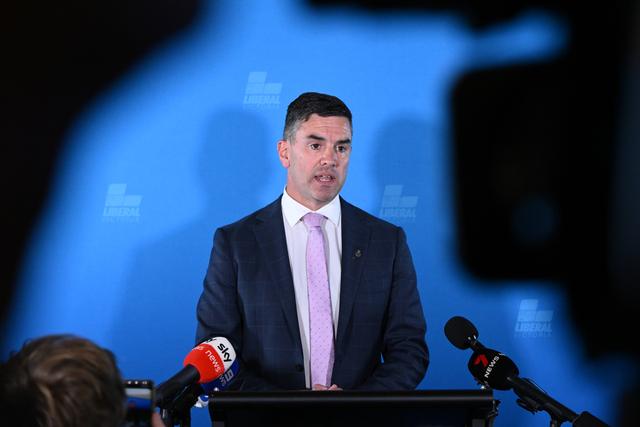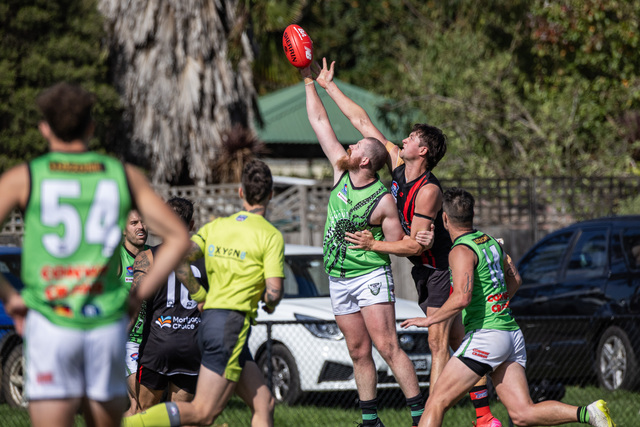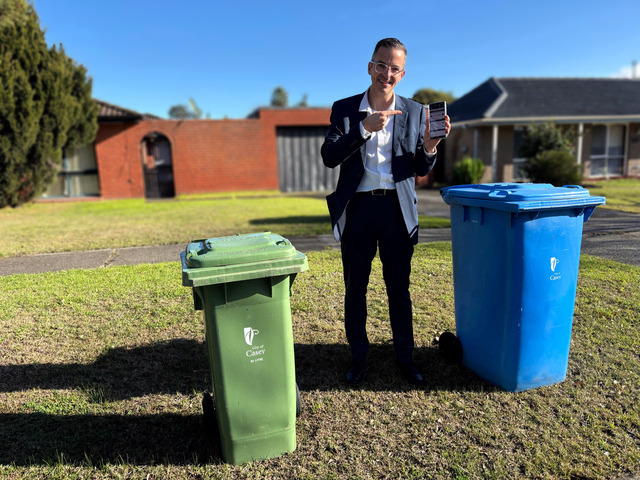By CAM LUCADOU-WELLS
THE top cop for Melbourne’s south-east makes no apologies for a hard-line stance on family violence.
Assistant Commissioner Luke Cornelius said police made a determined push 18 months ago to treat a family violence offender like “any other serious criminal”.
A pro-arrest and pro-remand policy was then brought in.
No longer would offenders “lounge around” in an interview room but they’d be kept in a police cell while police decided on the next step.
Such treatment took away the perpetrators “misplaced notions” such as having “dominion and control over their victim”.
Mr Cornelius points out why police take every intervention order breach seriously, whether it is harassment by phone and social media or contact violations.
Looking back on cases where a partner or child is killed, often there has been a build-up of intervention order breaches against the victim.
“What underpins that breach is a mental attitude by the perpetrator that he is not going to be held accountable.
“You might see breaches before an act of violence occurs. It’s part of a pattern or a build-up that has to be stopped.”
In Casey, 46 per cent of assaults are family-violence related – the highest rate in the state.
The region’s hardline approach has led to significantly reduced re-offending by family violence offenders.
In recent years, there had been annual rises of 60 per cent in recidivism.
Last year, there was a 6.3 per cent drop in the southern metro police area – the only division in the state to record a reduction.
There’s a list of 320 offenders at high and extreme risk of recommitting family violence in the south-east. Without this harder line policy, the list would be over 700, Mr Cornelius said.
The second step was in partnership with Dandenong Magistrates’ Court to fast-track offenders through the judicial system.
Offenders front a magistrate within a week.
Prior to fast tracking, it took about 16 weeks – a delay that undermined the significance of the offence and further exposes the victim to risk, Mr Cornelius said.
At the same time, victims have been more responsive.
In November, 16 family violence matters were withdrawn by the affected family member before their first court hearing.
Since the pilot started in December, only four matters were withdrawn over four months.
Before the pilot, about 63 per cent of matters were withdrawn. The rate is now 10 per cent.
Mr Cornelius said there was strong anecdotal evidence that offenders were being held to one offence and recidivists were stopping their offending.
“They’re acting like children and they need a grown-up to step them through to help them change their thinking.
“These individuals clearly need to understand what they’re doing is wrong.”
The next steps included to ensure offenders directed to men’s behaviour change programs didn’t get credits from the courts for just “sitting up the back”.
He said he was “all for” more investment in the behavioural programs – reportedly running at 11-month waiting lists in the south-east.
Mr Cornelius also called for courts to impose more supervisory orders on offenders.
One of the chief problems was to direct more community services’ funding towards early intervention rather than crisis response.
As police well know, the crisis usually comes after a long build-up of early warning indicators.







